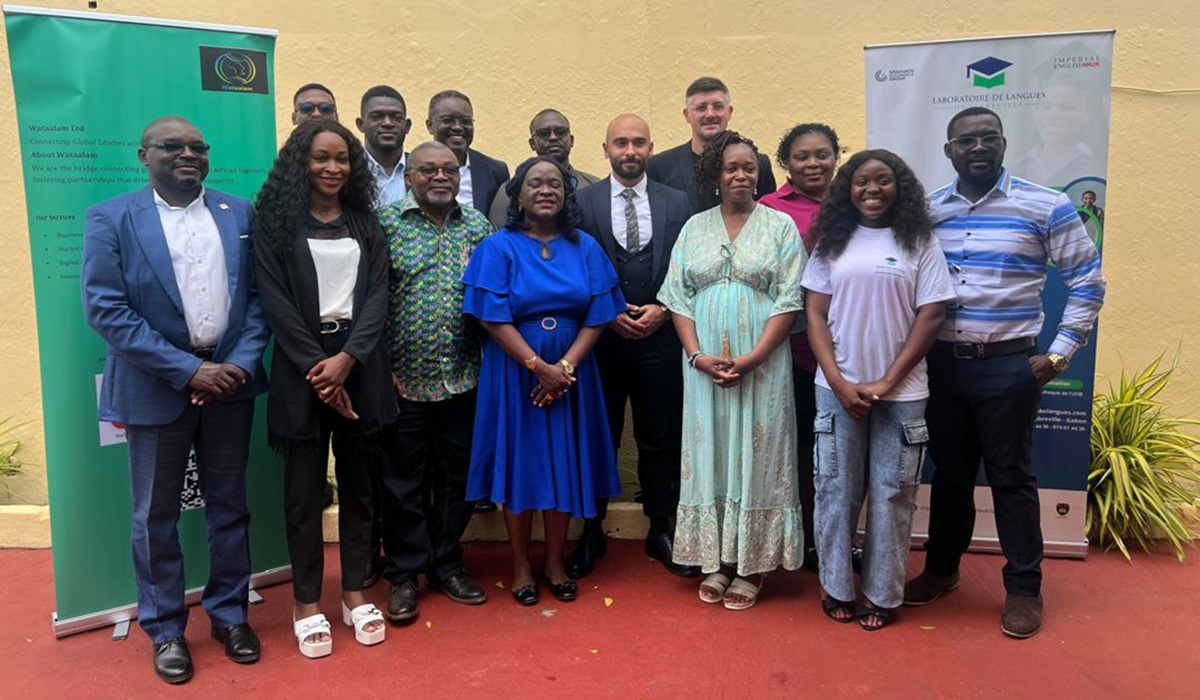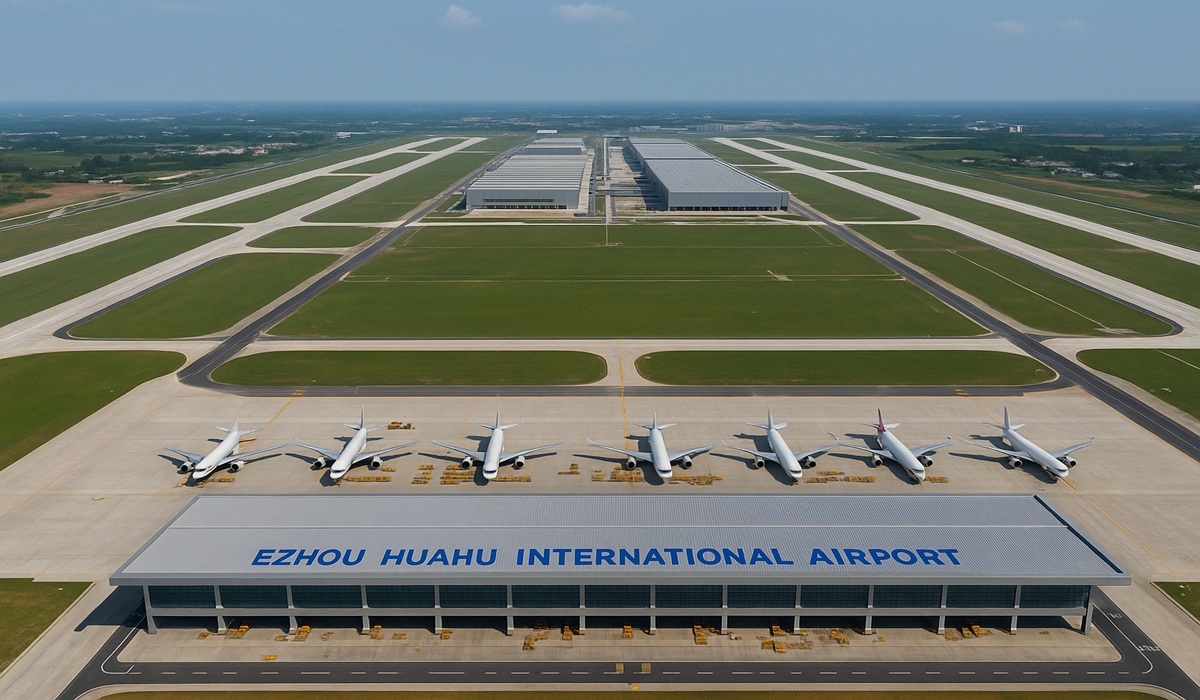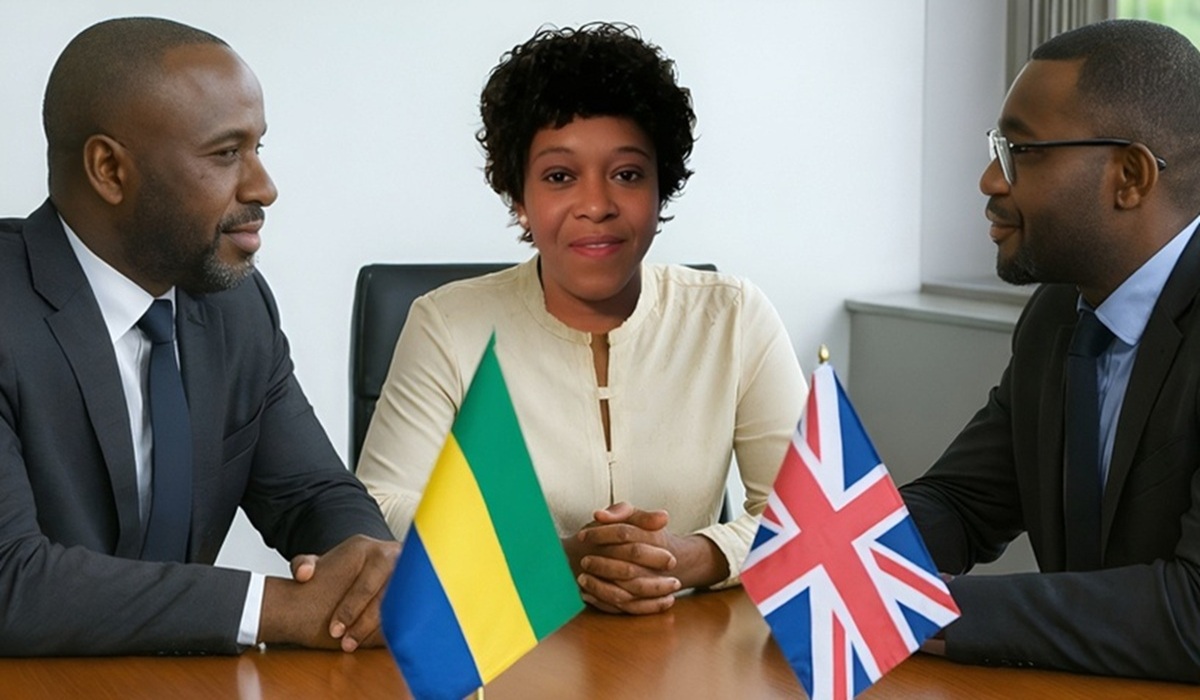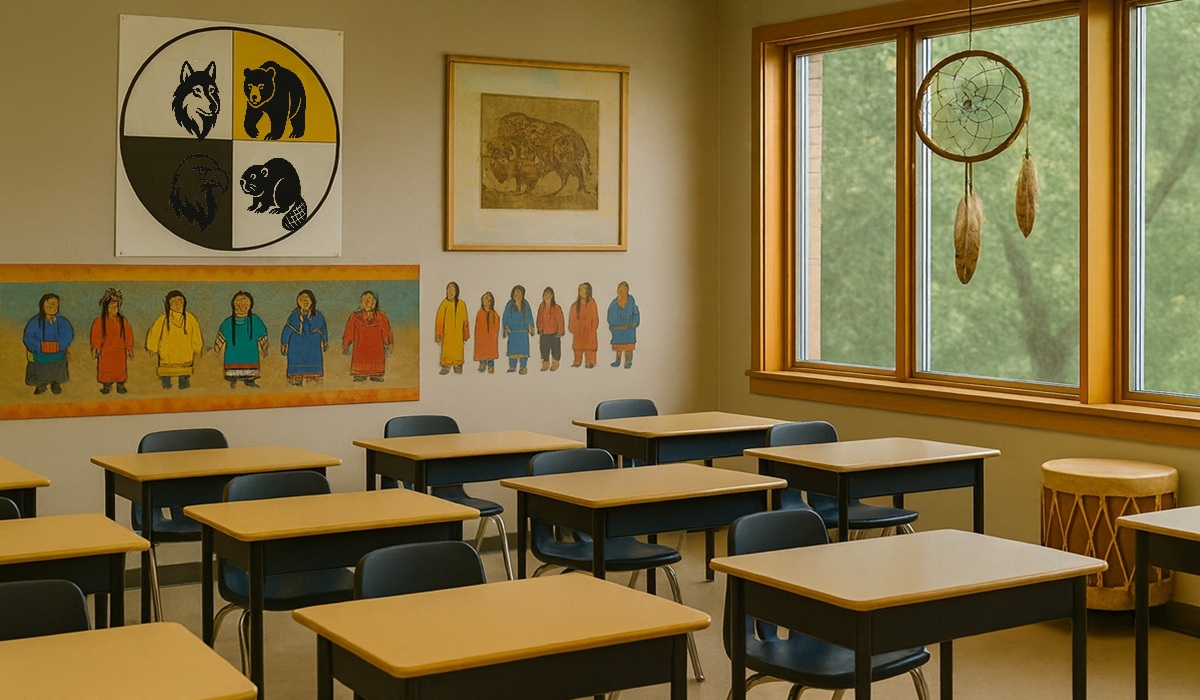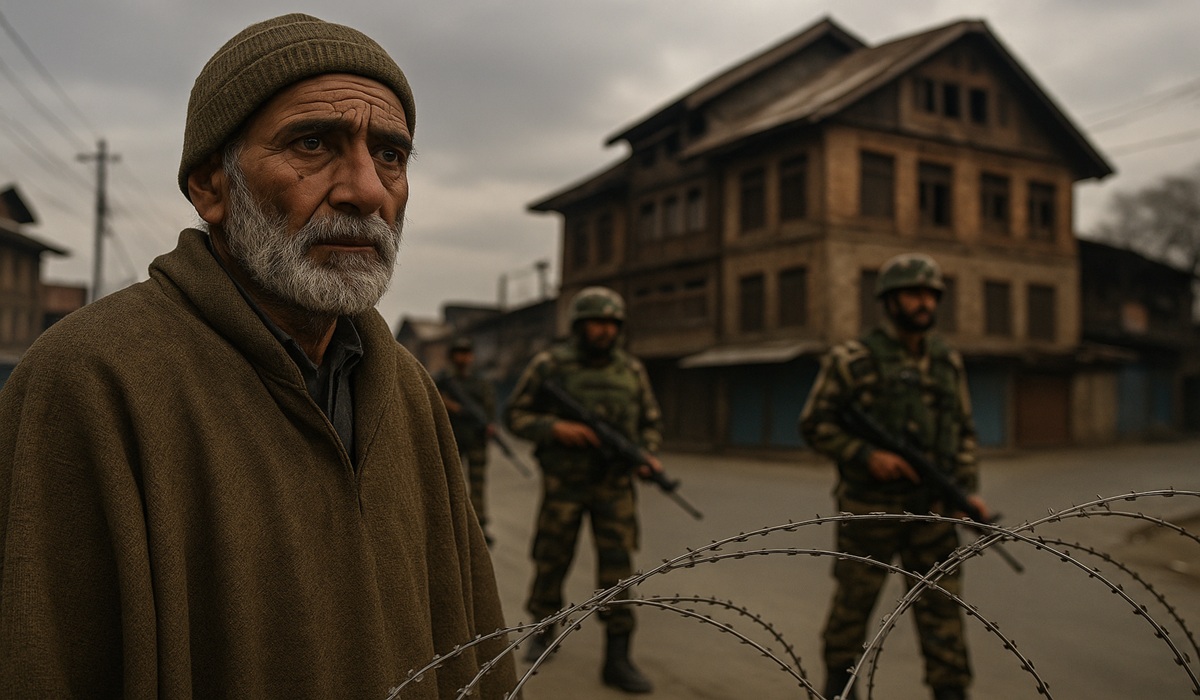9/11: Tragedy, Turmoil, and Still In Search For Truth
- Kingston Bailey
- Trending News
- September 11, 2025
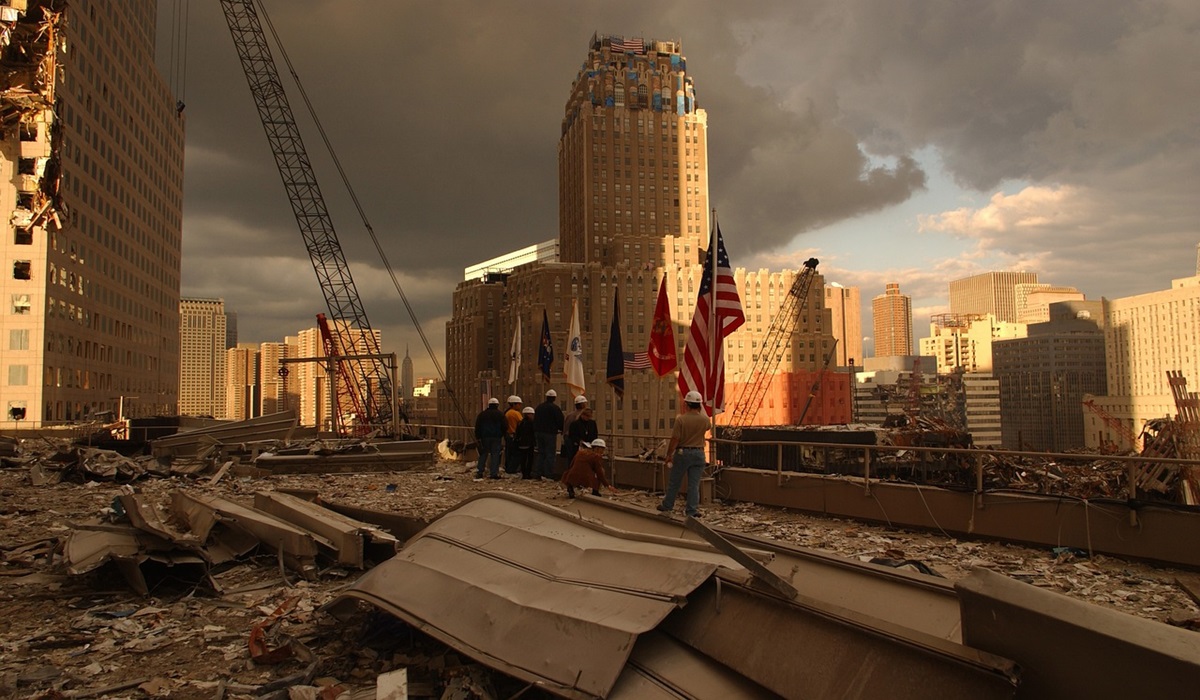
Image Credit: Wikiimages
September 11th marks a profoundly somber day in modern history, a day when the world witnessed acts of terrorism that reshaped geopolitics and collective consciousness. On that morning in 2001, a series of coordinated attacks struck the United States. Two commercial airliners, American Airlines Flight 11 and United Airlines Flight 175, were hijacked and flown into the North and South Towers of the World Trade Center in New York City, causing their catastrophic collapse. Another plane, American Airlines Flight 77, was crashed into the Pentagon, the headquarters of the U.S. Department of Defense in Arlington, Virginia. A fourth plane, United Airlines Flight 93, crashed in a field in Shanksville, Pennsylvania, after passengers attempted to retake control from the hijackers.
The destruction of the Twin Towers, in particular, remains one of the most shocking images from that day. The official investigations, primarily the National Institute of Standards and Technology (NIST), concluded that the towers collapsed due to the impact of the airplanes and the resulting fires, which weakened the steel structure. However, some observers and engineers have questioned the mechanics of the collapse, pointing out what they perceive as features more consistent with controlled demolitions. While these perspectives are part of ongoing debate, no definitive evidence has emerged to overturn the mainstream scientific explanations.
Al-Qaeda, led at the time by Osama bin Laden, was identified as the group responsible for the attacks. Bin Laden and his associates had a history of orchestrating large-scale terrorist operations against U.S. interests, including the 1998 bombings of U.S. embassies in Africa and the 2000 attack on the USS Cole. The precise network of planners and facilitators extended across multiple countries, making the operation both complex and globally coordinated. Despite investigations and intelligence efforts, some aspects—such as the full network of collaborators and financing—remain partially opaque, feeding speculation and alternative theories.
The aftermath of September 11th was immediate and profound. Domestically, it led to sweeping changes in U.S. security policy, including the creation of the Department of Homeland Security, the passage of the USA PATRIOT Act, and increased airport and border security measures. Internationally, it triggered the U.S.-led invasion of Afghanistan, aiming to dismantle al-Qaeda and remove the Taliban from power for harboring terrorists. The so-called “War on Terror” has since spanned more than two decades, costing trillions of dollars, with estimates of civilian, military, and indirect deaths ranging in the tens of millions worldwide. These campaigns have left many questioning whether the strategic outcomes justified the costs and whether global security improved or worsened.
September 11th is not only a historical marker but also a lens through which to examine broader societal questions. It raises issues about global terrorism, political decision-making, the balance between security and civil liberties, and the human costs of war. The day prompts reflection on the vulnerabilities of modern societies, the unpredictability of violence, and the responsibilities of nations in responding to such crises. It also challenges us to consider whether, in the years since, humanity has grown safer, wiser, or more polarized.
Mourning today is universal, extending beyond national boundaries, as the events touched the lives of thousands directly and millions indirectly. Remembering the victims, the heroes—firefighters, first responders, and ordinary citizens—and the far-reaching consequences remains vital. Reflection on September 11th is not just about recounting facts; it is also an opportunity to grapple with the complexities of our world: the interplay of ideology, power, fear, and the human capacity for both destruction and resilience.
Ultimately, September 11th invites sober contemplation. Even as the world mourns, it also asks whether societies have learned from the past, how collective memory shapes policy and culture, and whether the world today is safer or more fragile. It is a day to confront uncertainty, to examine the enduring questions about responsibility and consequence, and to honor those whose lives were irreversibly altered. The tragedy remains a stark reminder of the fragility of life and the persistence of unresolved global challenges, underscoring the ongoing need for vigilance, compassion, and reflection.
If you want, I can also create a detailed timeline of September 11th and its immediate aftermath with verified factual points—this could help put the events and consequences into clearer context. Do you want me to do that?

